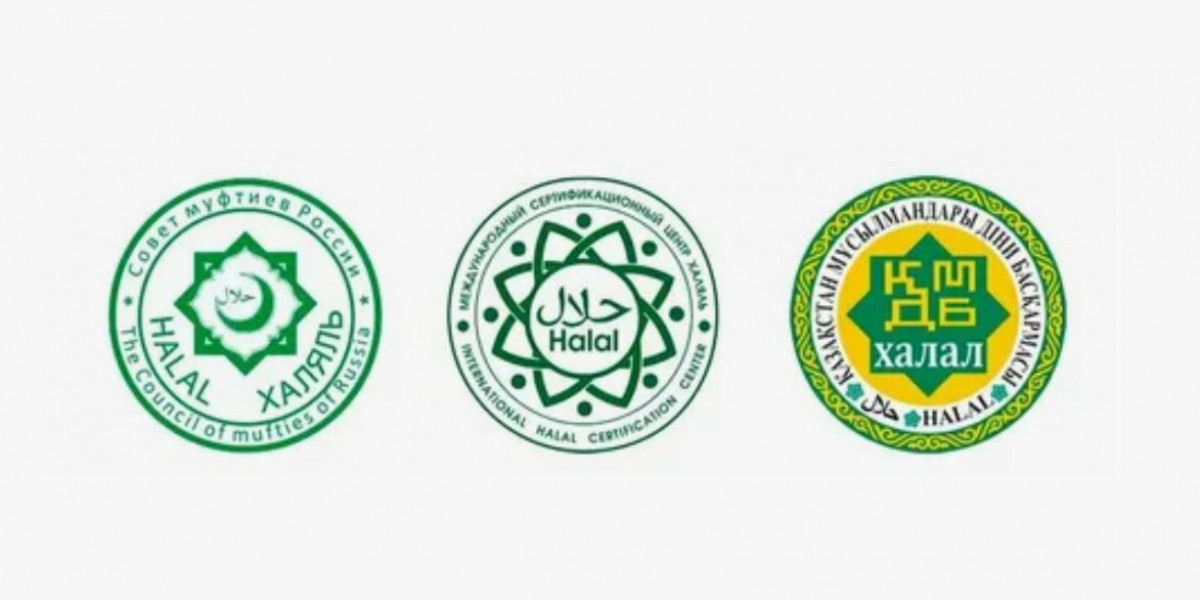Halal certification is becoming increasingly important in today’s global market. Whether you are a food manufacturer, cosmetics brand, pharmaceutical company, or restaurant owner, acquiring halal certification ensures your products and services are permissible for Muslim consumers. The term “halal” is derived from Arabic and simply means “permissible” according to Islamic law. With growing demand for halal products worldwide, this certification not only opens access to new markets but also builds trust with customers seeking transparency and religious compliance.
What Is Halal Certification and Why Is It Needed?
Halal certification is an official assurance that a product complies with Islamic dietary laws and practices. It is issued by a recognized Islamic authority or halal certifying body after careful inspection and auditing of the ingredients, manufacturing processes, handling, and storage methods. Products that are certified halal carry a halal logo or symbol, which reassures consumers that the item is lawful and free from anything that is haram (forbidden), such as pork, alcohol, or improperly slaughtered meat.
This certification is not limited to just meat and food items. It also applies to cosmetics, personal care, pharmaceuticals, logistics, and packaging. As consumers become more health-conscious and ethically aware, halal certification also appeals to non-Muslim buyers who view halal products as cleaner, safer, and of higher quality.
Who Needs Halal Certification?
Any business involved in the production, packaging, distribution, or sale of consumable goods and services targeting Muslim populations can benefit from halal certification. This includes:
Food processing companies
Meat suppliers and slaughterhouses
Restaurants and catering services
Cosmetic and skincare brands
Pharmaceutical manufacturers
Supply chain and logistics operators
Even hospitality businesses like hotels and airlines seek halal certification to attract Muslim travelers. It is especially crucial for companies that want to export to countries like Saudi Arabia, UAE, Malaysia, Indonesia, and others where halal standards are strictly enforced.
The Halal Certification Process Explained
The process of obtaining halal certification typically follows these essential steps:
Application Submission: The business submits an application to a recognized halal certifying body with details about its products and manufacturing processes.
Document Review: The certifying authority evaluates ingredient lists, sourcing of raw materials, machinery, storage, hygiene protocols, and employee training.
Inspection and Audit: A site inspection is conducted to ensure compliance with halal guidelines. Auditors verify the entire supply chain and hygiene practices.
Certification Decision: If the business meets all halal requirements, a certificate is issued along with authorization to use the halal logo on the product packaging.
Surveillance and Renewal: Halal certification is not permanent. Periodic audits are done to ensure ongoing compliance. Renewal is usually required annually or bi-annually.
Global Demand and Benefits of Halal Certification
According to industry research, the global halal market is projected to reach over USD 3 trillion by 2028, spanning sectors like food and beverage, fashion, travel, and pharmaceuticals. Halal certification is no longer a religious obligation alone—it is a business strategy. Here are some of the benefits:
Market Expansion: Certified products can enter markets in Muslim-majority countries where halal is legally required.
Consumer Trust: Certification builds brand credibility and confidence among consumers.
Improved Standards: Halal requirements often align with high levels of hygiene, safety, and ethical practices.
Increased Exports: Governments in countries like UAE and Malaysia mandate halal certification for imported food and goods.
With global trade becoming more competitive, halal certification can be a key differentiator for your brand in both local and international markets.
Common Misconceptions About Halal Certification
Many business owners hesitate to pursue halal certification due to myths and misunderstandings. Here are a few clarifications:
It’s Not Only for Muslims: While it caters to Muslims, halal products are also popular among health-conscious and ethical consumers.
Not Just About Meat: Halal standards cover a wide range of products, including packaged food, drinks, cosmetics, and even services.
It’s Affordable: The cost of certification is often reasonable, especially when compared to the revenue potential it unlocks.
Understanding these facts helps businesses make more informed decisions when considering halal certification.
Choosing the Right Halal Certifying Body
When seeking halal certification, it is crucial to select a certifying body that is recognized both locally and internationally. A reputable organization should have:
Accreditation from a respected Islamic authority
Transparent audit and inspection procedures
Experience in your specific industry
Good standing with export authorities and import regulations
Check if the certifier’s logo is accepted in your target markets. For instance, some countries accept certification from only a few authorized bodies. This ensures your certification is valid and recognized across borders.
Integrating Halal Standards Into Business Operations
Halal compliance is more than a one-time inspection—it requires consistent adherence to Islamic principles throughout your operations. Businesses should train staff, monitor supply chains, maintain clean facilities, and keep documentation updated. Incorporating halal practices from the beginning will save time and costs during audits and reduce the risk of non-compliance.
Modern ERP systems and food safety management tools can also help businesses automate halal compliance processes. By tracking raw materials, maintaining batch records, and setting alerts for non-halal items, companies can streamline their operations and ensure they remain audit-ready.
Conclusion: The Importance of Halal Certification in Modern Business
Halal certification is not just a religious requirement; it is a powerful quality mark that opens doors to billions of consumers around the world. Whether you are aiming to grow in the Middle East, Southeast Asia, or Africa—or simply want to meet the needs of Muslim consumers in your local market—halal certification is a strategic investment for long-term success.
For businesses looking to stand out in competitive industries like food production, pharmaceuticals, and cosmetics, achieving halal certification is an effective way to build consumer trust, enhance global credibility, and boost revenue.
If you are ready to take the next step, caratga is here to support your journey toward compliance and global recognition.







